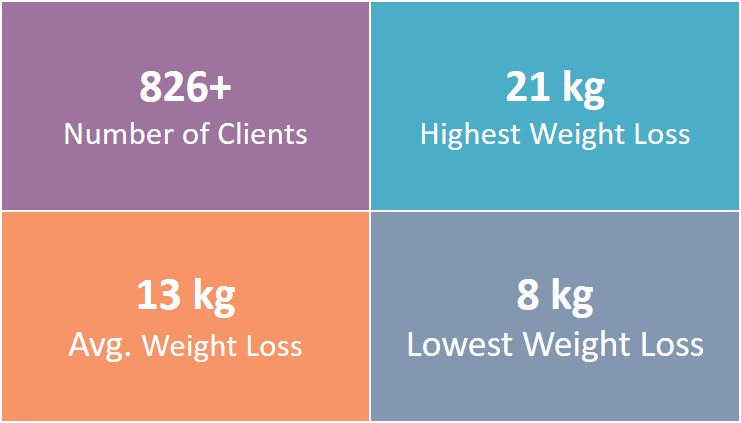
Achieving sustainable weight loss involves more than just temporary dietary changes; it requires a well-balanced, long-term approach to eating that supports overall health and well-being. Below are key principles for creating a healthy diet plan Dubai that promotes lasting weight loss.
Focus on nutrient-dense foods:
For sustainable weight loss, consider nutrient-dense foods that provide essential vitamins, minerals, and other nutrients without excessive calories. Include a variety of vegetables, fruits, whole grains, lean proteins, and healthy fats in your diet. These foods support your overall health and also keep you full longer, reducing the likelihood of overeating.
Portion control:
Managing portion sizes is important for weight loss. Overeating, even healthy foods can hinder progress. Use smaller plates and bowls to help regulate portion sizes, and be mindful of serving sizes indicated on food labels. Eating slowly and paying attention to your hunger and fullness cues can also prevent overeating.
Balanced macronutrients:
A balanced diet includes appropriate amounts of carbohydrates, proteins, and fats. Each macronutrient plays a role in maintaining energy levels, building muscle, and supporting overall health. Aim for a balance that suits your individual needs, such as a moderate amount of healthy fats, lean proteins, and complex carbohydrates like whole grains and legumes.
Regular meal timing:
Establishing a regular eating schedule can help control hunger and prevent impulsive eating. Aim to eat three balanced meals a day with healthy snacks in between if needed. Consistent meal timing helps regulate your metabolism and can prevent extreme hunger that leads to overeating.
Limit processed foods and sugary snacks:
Processed foods and sugary snacks can contribute to weight gain and hinder your progress. These foods are often high in empty calories and low in nutritional value. Opt for whole, unprocessed foods and be cautious of added sugars in packaged products. Reading nutrition labels can help you make healthier choices.
Include physical activity:
While diet is important, combining it with regular physical activity improves weight loss and overall health. Aim for a mix of cardiovascular exercises, strength training, and flexibility exercises. Regular physical activity helps burn calories, build muscle, and improve metabolic health.
If you’re struggling to develop a sustainable diet plan, consider consulting a registered dietitian or nutritionist. A professional can help tailor a diet plan to your specific needs, provide guidance on portion sizes, and offer support throughout your weight loss journey.